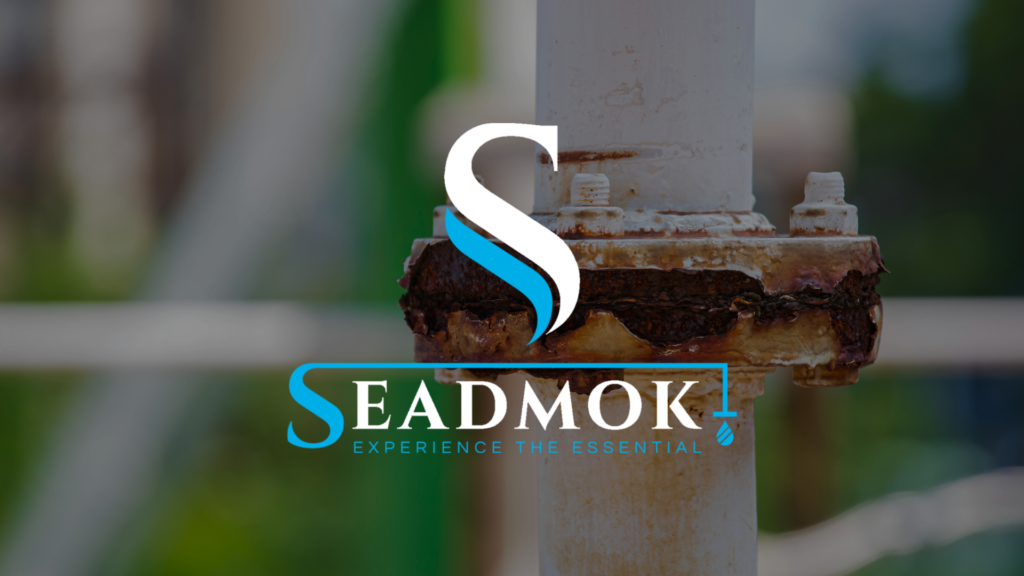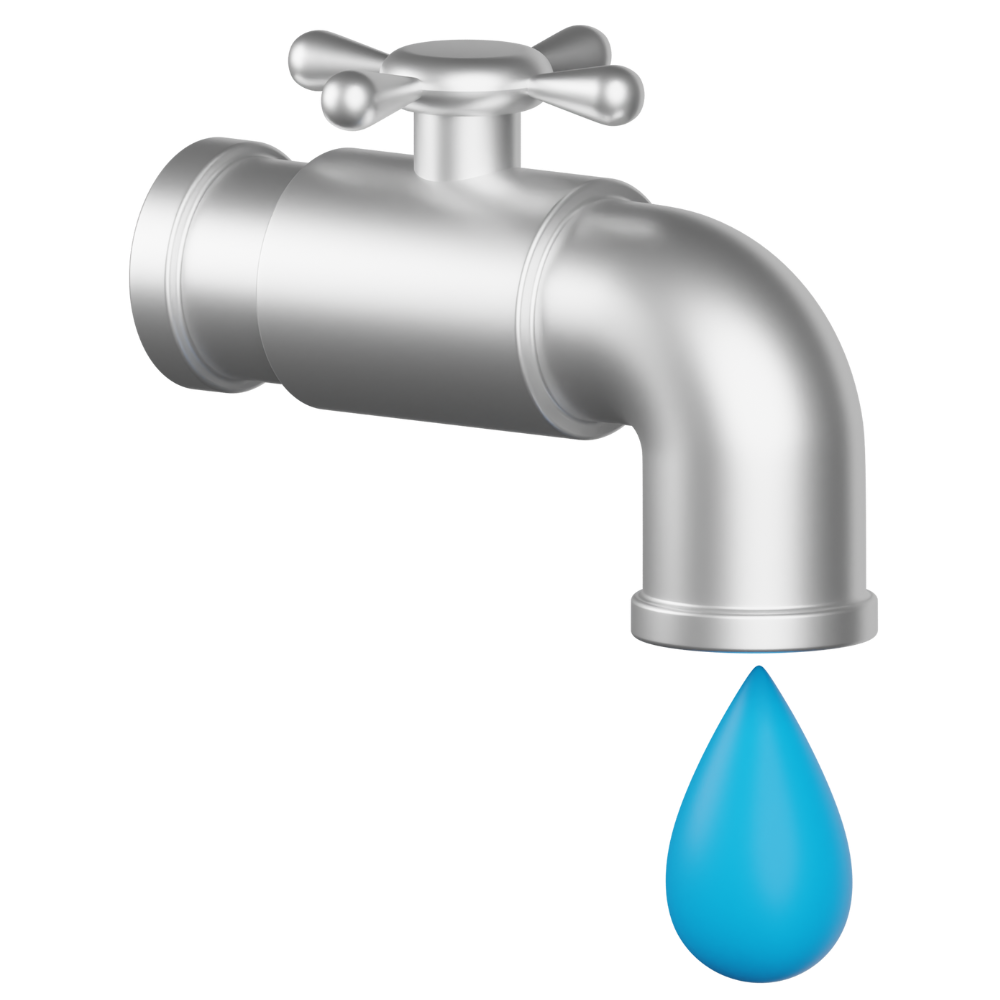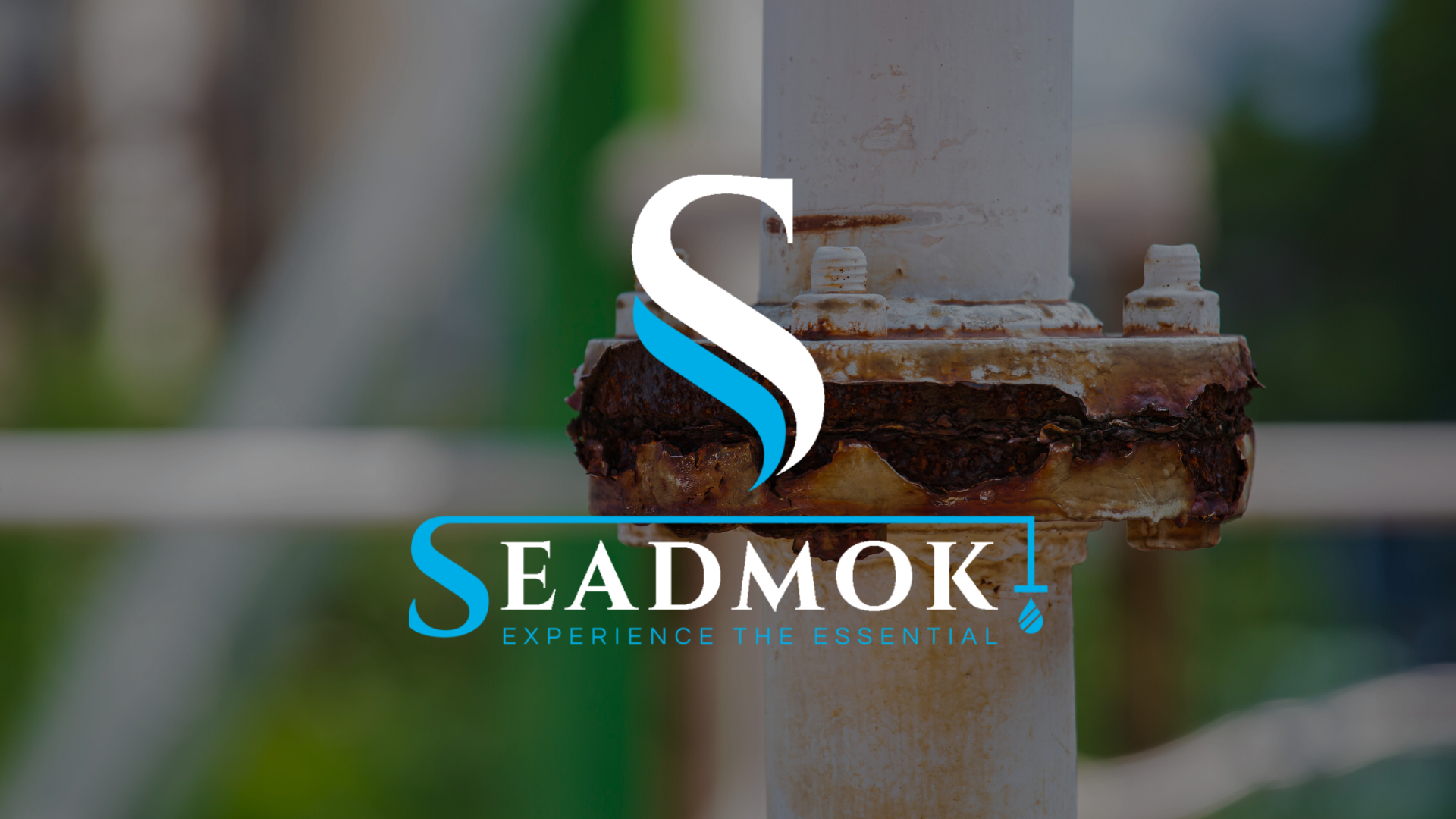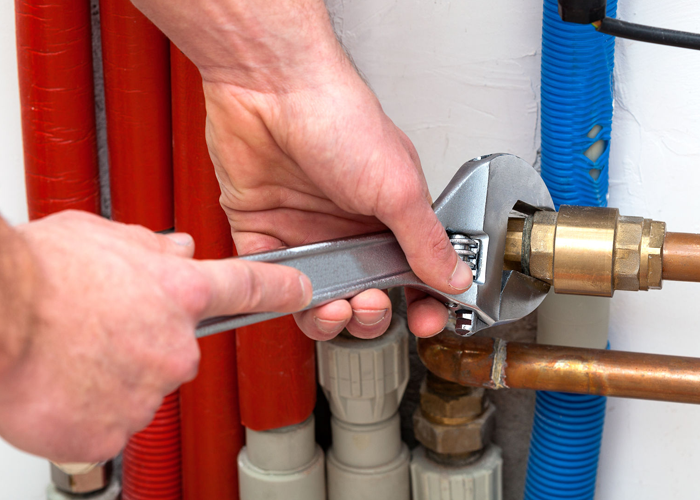
Spotting and Preventing Water Pipe Corrosion
Table of Contents
- Introduction to Water Pipe Corrosion
- What Causes Water Pipe Corrosion?
- Importance of Spotting and Preventing Corrosion
- Signs of Water Pipe Corrosion
- Factors Contributing to Pipe Corrosion
- Preventive Measures for Water Pipe Corrosion
- Professional Services for Corrosion Management
- Conclusion and Importance of Proactive Corrosion Management
Introduction to Water Pipe Corrosion
Maintaining a healthy and functional plumbing system is vital for every household. Water pipes, the unseen heroes behind our daily water usage, are susceptible to deterioration over time due to corrosion. This guide delves into water pipe corrosion, exploring its causes, potential consequences, and, most importantly, effective prevention strategies or direction to contact a water pipe corrosion specialist.

Have Questions About Preventing Water Pipe Corrosion?
Seadmok serves Greater Baltimore & Washington D.C.
Let’s Get Started
What Causes Water Pipe Corrosion?
Water pipe corrosion is the gradual decay of pipes due to chemical or electrochemical reactions with water and other elements. Several factors contribute to this decay, including:
- Environmental Factors:
- Soil Conditions: Highly acidic or corrosive soils can accelerate pipe degradation.
- Water Chemistry: Water with high oxygen, chlorine, or mineral content levels can be more corrosive.
- Material Factors:
- Pipe Material: Different pipe materials have varying corrosion resistance. For example, galvanized steel pipes are more rust-resistant than copper pipes.
- Age: Older pipes are more likely to have accumulated corrosion.
Importance of Spotting and Preventing Corrosion
Corrosion in water pipes can lead to several problems, including:
- Reduced Water Pressure: Corrosion buildup can narrow pipes, hindering water flow.
- Water Quality Issues: Corrosion can cause leaks and introduce contaminants like lead or rust into your water supply.
- Pipe Failure: Severe corrosion can lead to pipe bursts and flooding.
Early detection and prevention of corrosion are crucial to protecting your plumbing system and ensuring safe drinking water.

Signs of Water Pipe Corrosion
There are two main categories of signs to watch for:
- Visual Signs:
- Rust Stains: Reddish-brown stains around pipes or near fixtures can indicate rusting pipes.
- Discoloration: Discolored water, especially with a blue or brown tint, might be caused by corroding pipes.
- Performance Signs:
- Reduced Water Pressure: Lower than usual water pressure can indicate restricted pipes due to corrosion.
- Water Quality Issues: Noticeable water taste, odor, or clarity changes might indicate corrosion contamination.
Factors Contributing to Pipe Corrosion
Understanding the factors that influence corrosion can help you take preventive measures:
- Environmental Factors: Limited control exists over these factors, but knowledge of your local soil conditions and water chemistry can be helpful.
- Material Factors: Selecting corrosion-resistant pipe materials like PEX or copper during plumbing installations can enhance your system's longevity.
Preventive Measures for Water Pipe Corrosion
Here are some key strategies to prevent corrosion in your water pipes:
- Regular Inspection and Maintenance Practices: Schedule regular inspections by a qualified plumber to identify and address potential corrosion issues early on.
- Corrosion-resistant Coatings and Linings: Applying protective coatings or liners to pipes during installation can significantly improve their corrosion resistance.
- Water Quality Management Strategies: Water treatment systems can sometimes be installed to adjust water chemistry and reduce its corrosivity.

Professional Services for Corrosion Management
If you suspect corrosion in your water pipes, consider seeking professional services from a qualified plumber:
- Corrosion Assessment and Monitoring: A plumber can assess the extent of corrosion damage and recommend appropriate solutions.
- Corrosion Control Solutions: Professional plumbers can implement various techniques to control corrosion, such as replacing corroded pipes or installing corrosion-resistant materials.

Conclusion and Importance of Proactive Corrosion Management
Proactive management of water pipe corrosion is essential for safeguarding your plumbing system, ensuring clean drinking water, and preventing costly repairs in the future. By implementing the preventive measures outlined above and seeking professional help when necessary, you can ensure the longevity and reliability of your water pipes.
Let’s Get Started
If you are a resident of Howard County and you are looking for a reliable and customer-focused water utility company, we encourage you to seek Seadmok Water's expertise for your water connection needs.
Seadmok Water has a proven track record of providing high-quality water and wastewater services to residents and businesses in Howard County. Seadmok Water is also committed to protecting the environment and conserving water resources. Contact us today!
